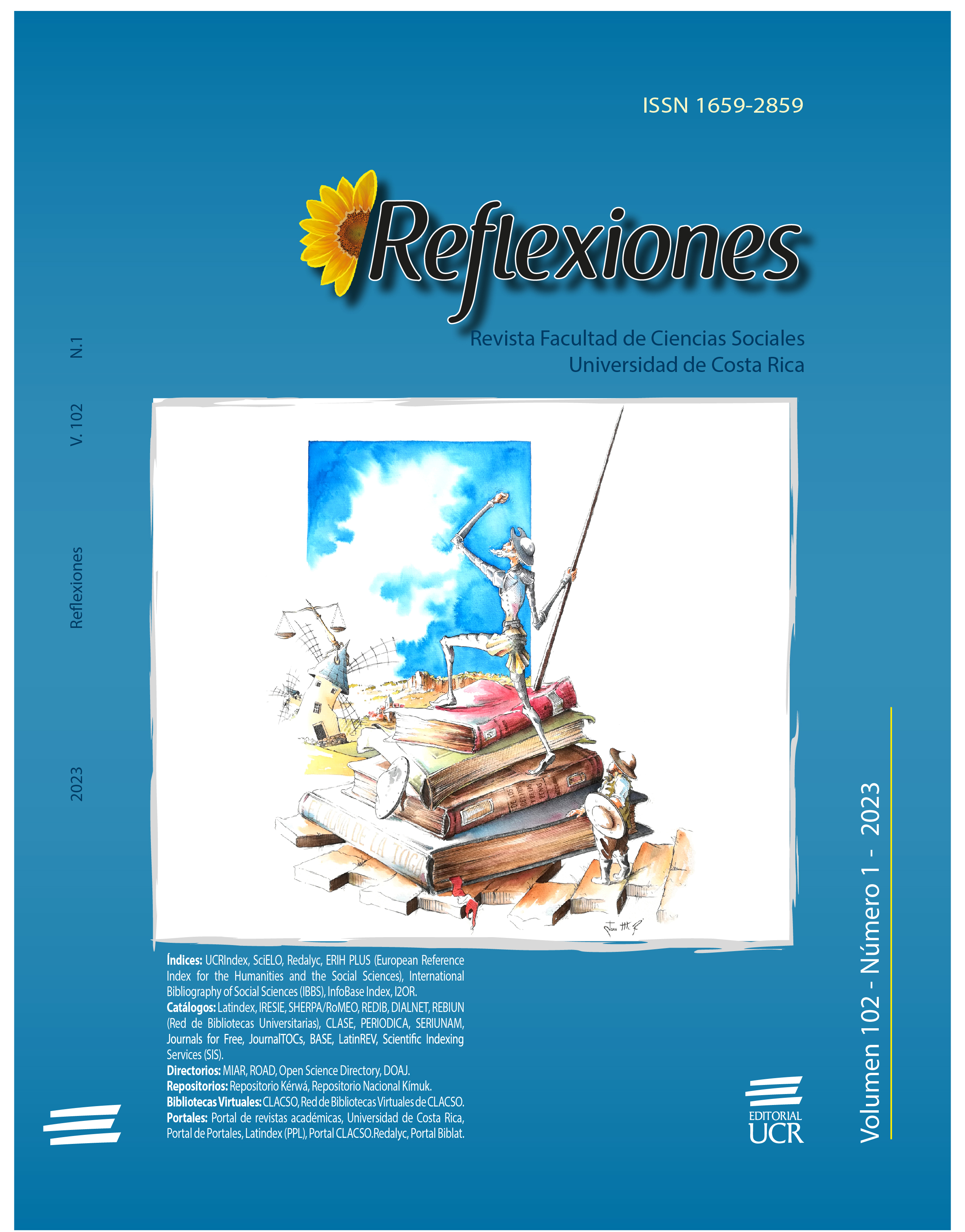Abstract
Introduction
The electoral volatility that has characterized the last electoral processes of the country has intensified with the ballots phenomenon. The instability in the party support has a clear concentration in the rural areas of the country.
Objetive
This article aims to present some findings regarding the reasons that explain the electoral volatility in the rural areas of the country based on the case study of the Cariari district, Pococí canton in Limon province in the presidential elections of 2014 and 2018.
Method
These results are derived from the investigation done to opt out for the Bachelor's degree in Geography at the Universidad de Costa Rica. This work incorporated territory as an explanatory political geographical concept and a methodology was used that complement the quantitative and qualitative approach.
Results
This article presents the main geographical and political characteristics of the territory, and later data derived from a study of sociopolitical opinion that allows the comprehension of the conditions that derived the electoral results of the 2014 and 2018 elections in the Cariari district.
Conclusion
Is identify the perception of the abandonment of the rural areas and the wish for political change as the base of the instability of the party support. And a scenario that facilitated, due a complex territorial dynamic in which the religious groups play a main role, the capitalization of support from the PRN.
##plugins.facebook.comentarios##

This work is licensed under a Creative Commons Attribution-NonCommercial-ShareAlike 4.0 International License.
Copyright (c) 2022 Sharon Mariela Camacho Sánchez

